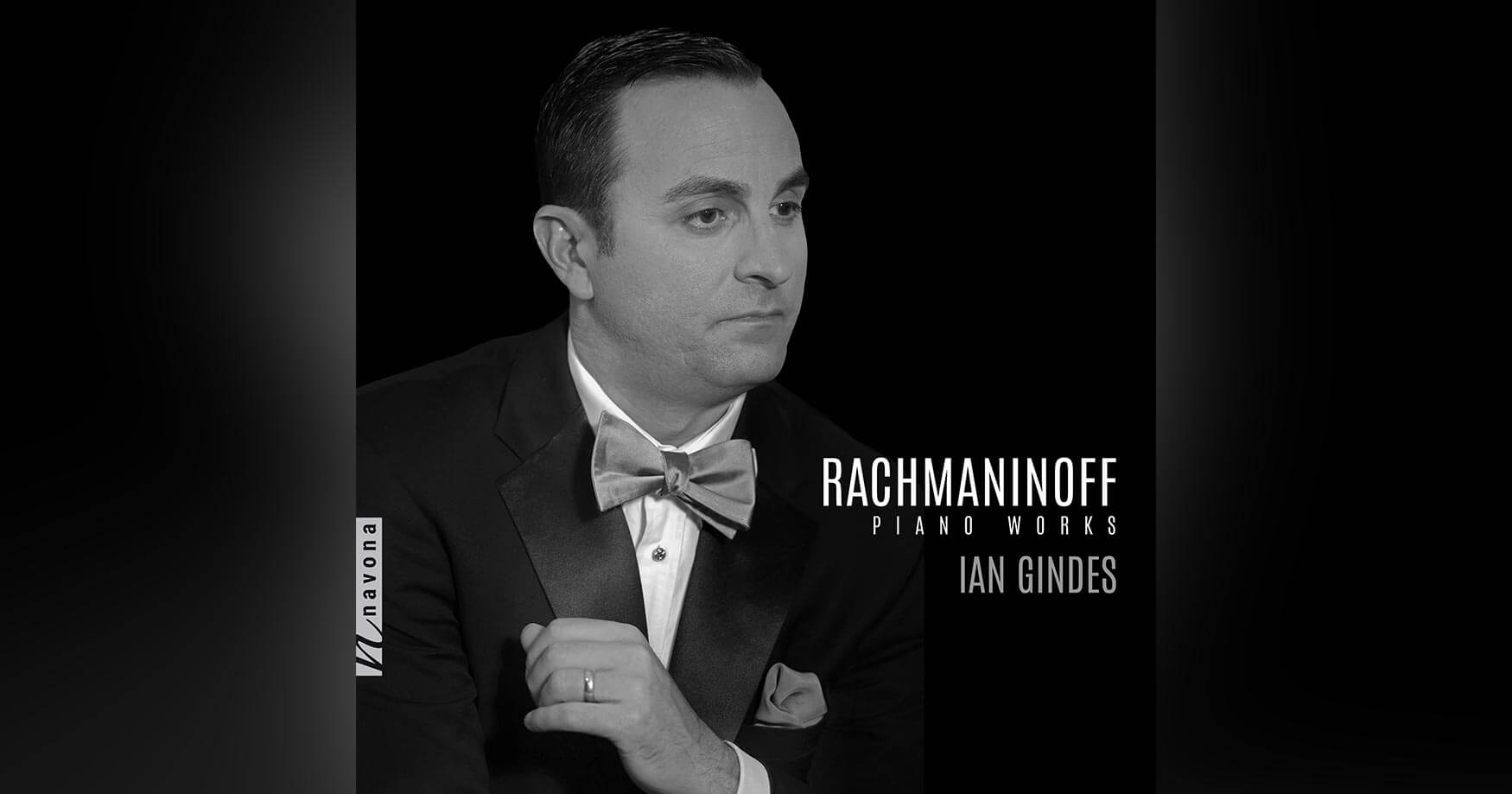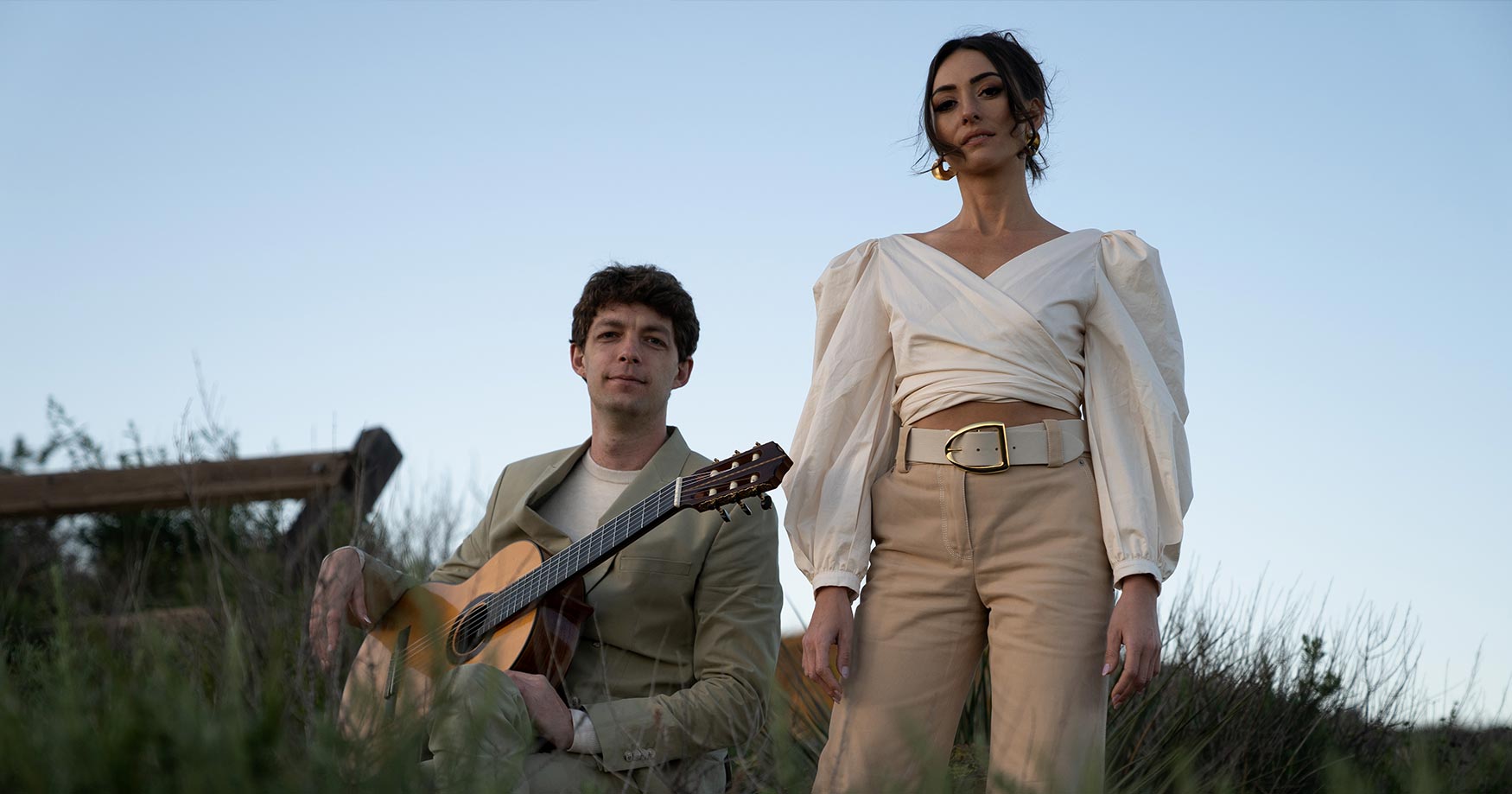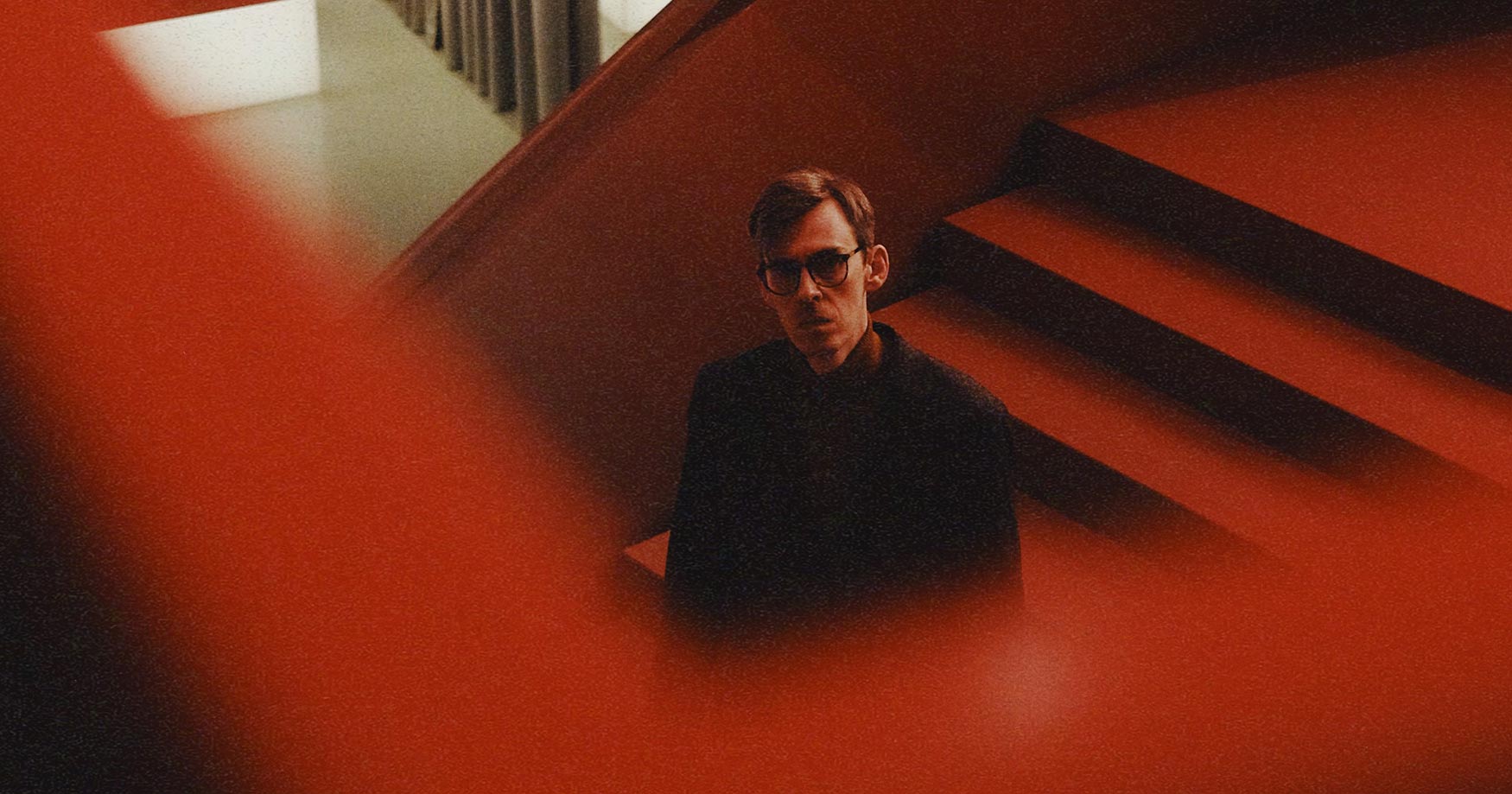A native of St. Clairsville, Ohio, John Alan Rose has been performing as pianist and composer since the age of 14. At 18 he played the complete Chopin Etudes in concerts throughout Ohio and West Virginia. His studies took him to Baldwin-Wallace College Conservatory, then later to Indiana University. He has twice performed his own piano music in Weill Recital Hall at Carnegie Hall in New York City and has received prizes at international music competitions both as a pianist and as a composer.
Today, John is our featured artist in “The Inside Story,” a blog series exploring the inner workings and personalities of our artists. Read on to hear John’s tongue-biting tale…
When did you realize that you wanted to be a composer?
The first career dream I ever had was when I was very little. I told my parents I wanted to go to college so I could be Spider Man. After that phase passed, I rarely thought about doing anything else but writing, composing and playing piano. I think that by the time I was 11 or 12 I was already filling composition books with complete pieces. Not long thereafter I began performing as a pianist and composer on the same programs and it never stopped.
When I was in the eighth grade, pianist Andreas Haefliger came to Wheeling and performed with the Wheeling Symphony and gave a master class at the Stifel Arts Center. My teacher, Mrs. Ballard, arranged for me to play some Chopin for him in the master class. He noticed that I also brought along my composition notebook and asked me to play from it. I still remember him being so taken with my piece, that he asked me to scoot aside so he could play it! He then told me that I had future as a composer. That is one moment I will always remember and thank him for, as it gave me perspective and faith in myself.
What was the most embarrassing thing that happened to you during a performance?
For one of my chamber concerts, I asked a friend of mine to turn pages for me. We have the same sense of humor, and backstage before the concert we were really on a roll with some witticisms. When it came time to sit down at the piano and perform with my friend turning pages next to me, I could see his face out of the corner of my eye. I literally had to bite my tongue and create enough pain in order not to laugh. It was a very difficult first half of a concert on account of holding back laughter. That’s actually not the only concert where laughter almost did me in…
If you could spend creative time anywhere in the world, where would it be? And why?
My best ideas come when I am outside, not trying to create, but enjoying the sunlight, the birds, a breeze, the sky, etc. I am particularly fond of warm places, so I would choose any southern climate. Usually the complete idea for a new work will come while I am cutting grass, raking, or otherwise occupied working with the earth.
What was your favorite musical moment on the album?
One moment stands out from the recording process. The recording session was going fabulously. The orchestra and soloists connected very well with the music. But there was one segment that just wasn’t right: the climax of the cello piece, which is based on a Korean traditional folk melody Arirang. The lilt of the music is best understood when heard; it is very difficult to pick it up from just the notation.
At that point in the rehearsal, my wife Sing, who is Korean, went up and actually demonstrated the feel of the music. The players picked up on it right away. It was amazing! That transformation, from a European sound to a Korean sound, in just minutes, was breathtaking. I feel it is a very powerful moment on the CD. We can honestly say that the Arirang now has an authentic feel.
Was there a piece on your album that you found more difficult to record than the others?
Ticket to the Theater presented its own unique set of challenges. It’s always a compromise when you have improvisatory elements in a structured work. Ticket to the Theater is best performed live, because the structure is there to give the performers an opportunity to connect with the audience and play with the flow of narration and music-making. There is one moment when the orchestra is supposed to literally interrupt the narrator out of impatience to get things going. This was extremely difficult to portray on the recording.
What does this album mean to you personally?
What I see in this recording is the kindness and diligence of so many people! Miran, the conductor, and the soloists Moni, JungWon, and Sing, Tyler the narrator, all invested their talents, time and resources. None of this music is easy. We all had to work very hard. It means a great deal to me personally, because their involvement shows that they believe in this project, in this music. It is my hope that this recording can be a great support to them in their lives and careers. The Moravian Philharmonic did such a beautiful job. Just listening to them in the sessions, I felt such a deep sense gratitude during the whole process.

INEFFABLE TALES is now available through Navona Records for streaming or purchase. Click here to explore this new album.



